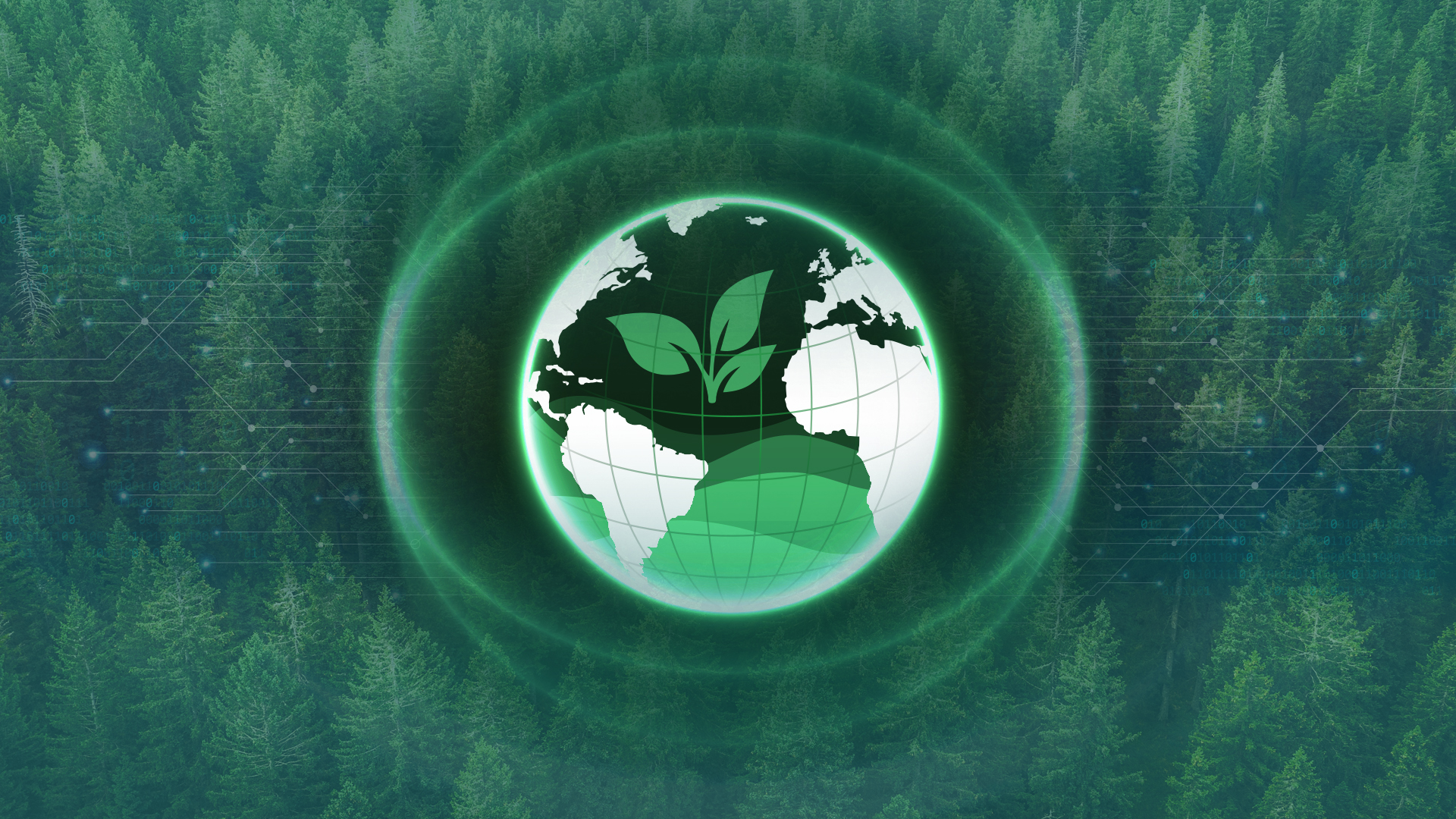
- This event has passed.
1st Carbon Science Cluster Coordination Workshop
June 23, 2021 - June 24, 2021

Background
The carbon cycle is central to the Earth system, being inextricably coupled with climate, the water cycle, nutrient cycles and the production of biomass by photosynthesis on land and in the oceans. In the natural system the balance among carbon in the atmosphere, land and ocean is regulated through fluxes between these three main reservoirs. In addition to these natural components, there are the contributions to the atmosphere from human activities, namely, fossil fuel burning, cement production, and a range of land management practices. Over the past 250 years, the atmospheric carbon dioxide (CO2) concentration has increased by roughly 45% from its pre-industrial value of roughly 280 parts per million by volume (ppm). In the same timeframe, atmospheric methane (CH4), a greenhouse gas 28 times more powerful than CO2 has more than doubled due to human activities, responsible for approx. 60% of total emissions, and, after a hiatus, is rising faster than at any time in the last two decades.
Understanding the patterns of exchanges of carbon between the atmosphere, ocean and land and the processes associated to them such as CO2 fertilization, ocean acidification, changes in surface runoff of sediments, changes to wetlands and peatlands, warming of permafrost, and changes to natural disturbance regimes, are critical to improving knowledge of the carbon cycle, its direct and indirect impacts on society and identifying approaches to mitigate and adapt for its consequences. To achieve such understanding requires an integrated approach to the carbon cycle which exploits the both observations (satellite and in situ) and modelling and cross-domain research (ocean, land and atmosphere).
In the last few years ESA has launched a critical mass of projects addressing different and complementary aspects of the Carbon cycle over land, ocean and atmosphere. Those projects, today more than 20, represent the core of the ESA Carbon Science Cluster. Through this Cluster, ESA also aims at contributing to the establishment of a strong European carbon cycle research area in close collaboration with the European Commission Directorate General for Research and Innovation and other European and international partners.
To encourage exchange between these projects as well as linking them effectively to ongoing work internationally, the ESA Carbon Science Cluster will be supported by a number of research opportunities and networking actions. These are aimed at promoting collaborative research, and fostering international collaboration and bringing together different expertise, data and resources to ensure that the final result is bigger than the sum of the parts.
The 1st ESA Carbon Science Cluster Meeting initiates these activities under the ESA Carbon Science Cluster with a focus on the terrestrial carbon component. There will be an ocean carbon coordination meeting later in 2021 and the atmosphere component will be addressed in the ATMOS meeting in November 2021. Cross linkage will be the focus of the 4th Carbon from Space meeting in September 2021.
Objectives
With the belief that it would be extremely beneficial to establish a technical forum for all teams and ESA to present the work done, discuss opportunities and define potential ways forward, ESA has planned the Carbon Science Cluster Meeting to:
- Present the status and results of ESA’s science supported activities in Terrestrial Carbon Research, so that all teams are updated on the progress and informed about plans and outcomes of the different projects.
- To identify synergies and potential collaboration and cross-fertilization among the different teams.
- Strengthen coordination and collaboration of different activities if needed.
- Discuss and propose a way forward in terms of scientific gaps and requirements, science questions, and new ideas that may be used as guidelines for ESA to define a Carbon science plan for 2023-2025.
- Explore options to define a community
Proposed approach
The workshop is a virtual meeting. The intention is to involve all the teams currently funded by ESA to establish a dialogue across all the projects to identify gaps, common areas for further work and opportunities, in particular those presented by upcoming satellite missions.
The workshop takes place in sessions to review all the projects currently under ESA funding and opportunities offered through new missions, campaigns and other ESA activities in 4 main sessions:
- Understanding Primary Production
- New observations for terrestrial carbon
- Dynamics and disturbance
- Future Missions, Campaigns, Tools and other ESA activities in support of Carbon science
These sessions are followed by two breakout sessions focused on responding to the following themes:
- Towards a European Terrestrial Carbon project
This theme looks at the current carbon landscape and aims to identify what a future project with European funding (e.g. through the ESA-EC Earth System Science Initiative) might have as objectives. It will consider the following questions:
- What are the key challenges in carbon science?
- How do we align effectively research in EO, in situ and models and what do we need to improve.
- How can we maximise use of existing missions – multi-mission rather than single mission/wavelength domain whilst ensuring consistency across time and space.
- Carbon science in preparation for Copernicus HPCMs and ESA Earth Explorers
This theme focuses on three principal questions:
- What and how should we prepare for the upcoming new Copernicus Missions (CHIME, CO2M, LSTM, ROSE-L, CIMR, CRISTAL) and new EE (FLEX, BIOMASS).
- How can we maximise return on the multiple datasets coming from Sentinels (multi-mission, multi-product, operational processors, ARD)
- How do we include missions in combination and contributions from non-European key missions (GEDI, OCO-3, NISAR, GOSAT-3, ECOSTRESS) and commercial missions (GHGSat, Planet, Worldview etc).
Technical discussion
The technical discussion session takes place from 11:30-12:30 CEST on Day 2 (24 June 2021) via Webex Events Tool and comprises two themes:
- Towards a European Terrestrial Carbon Constellation project
- Science needs in preparation for Copernicus Sentinel Expansion Missions (2026).
FINAL REPORT AGENDA WITH PRESENTATIONS
